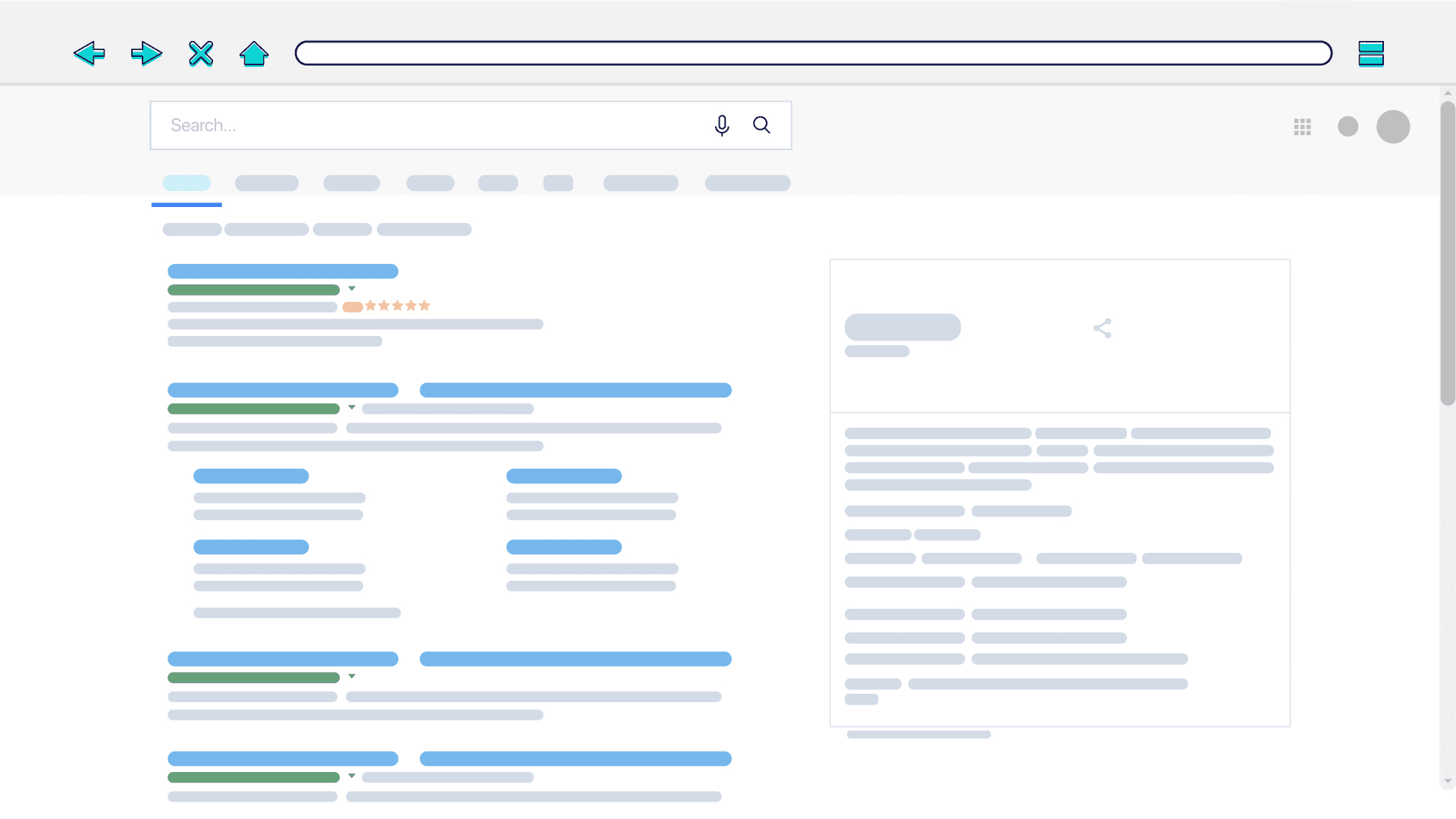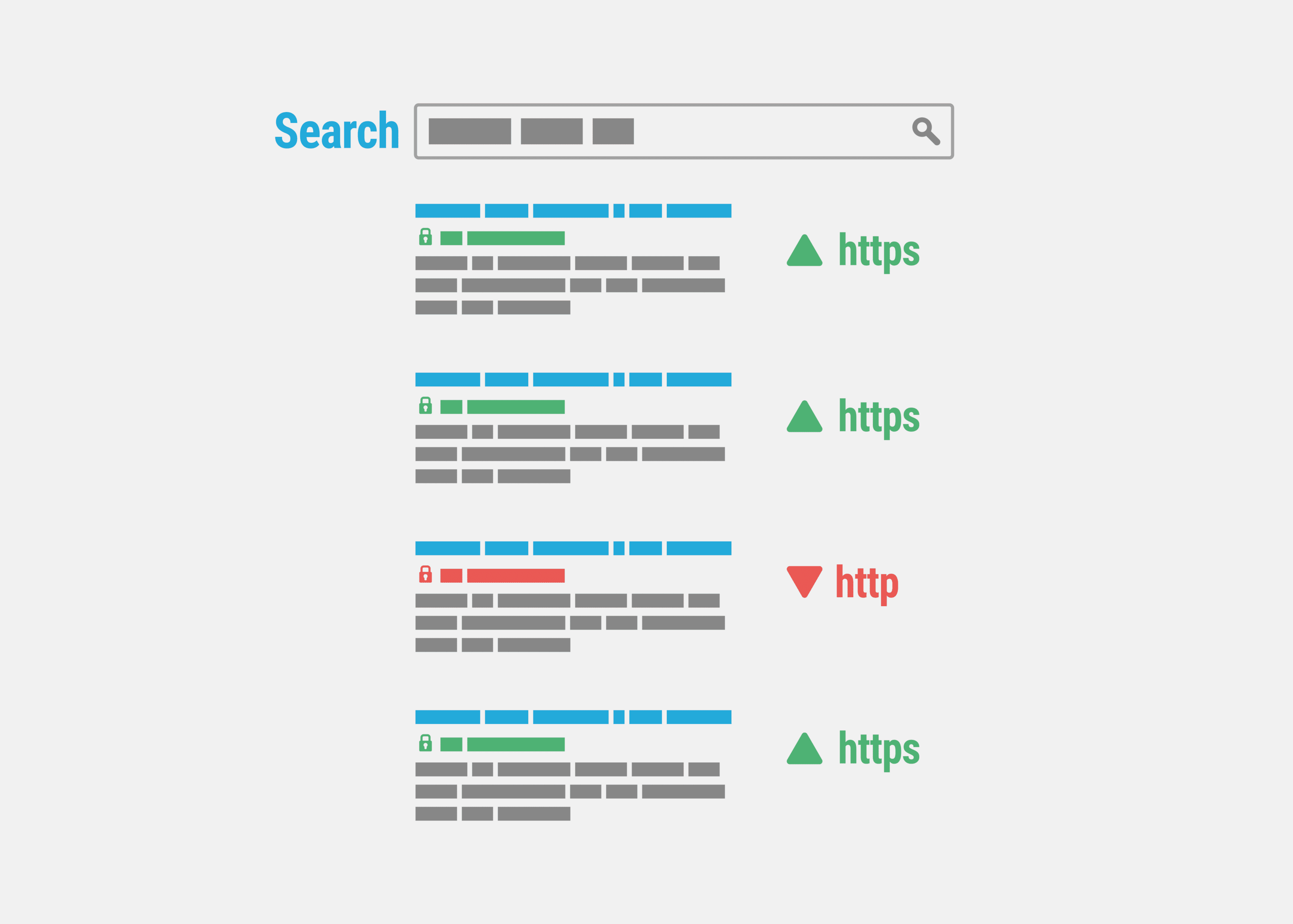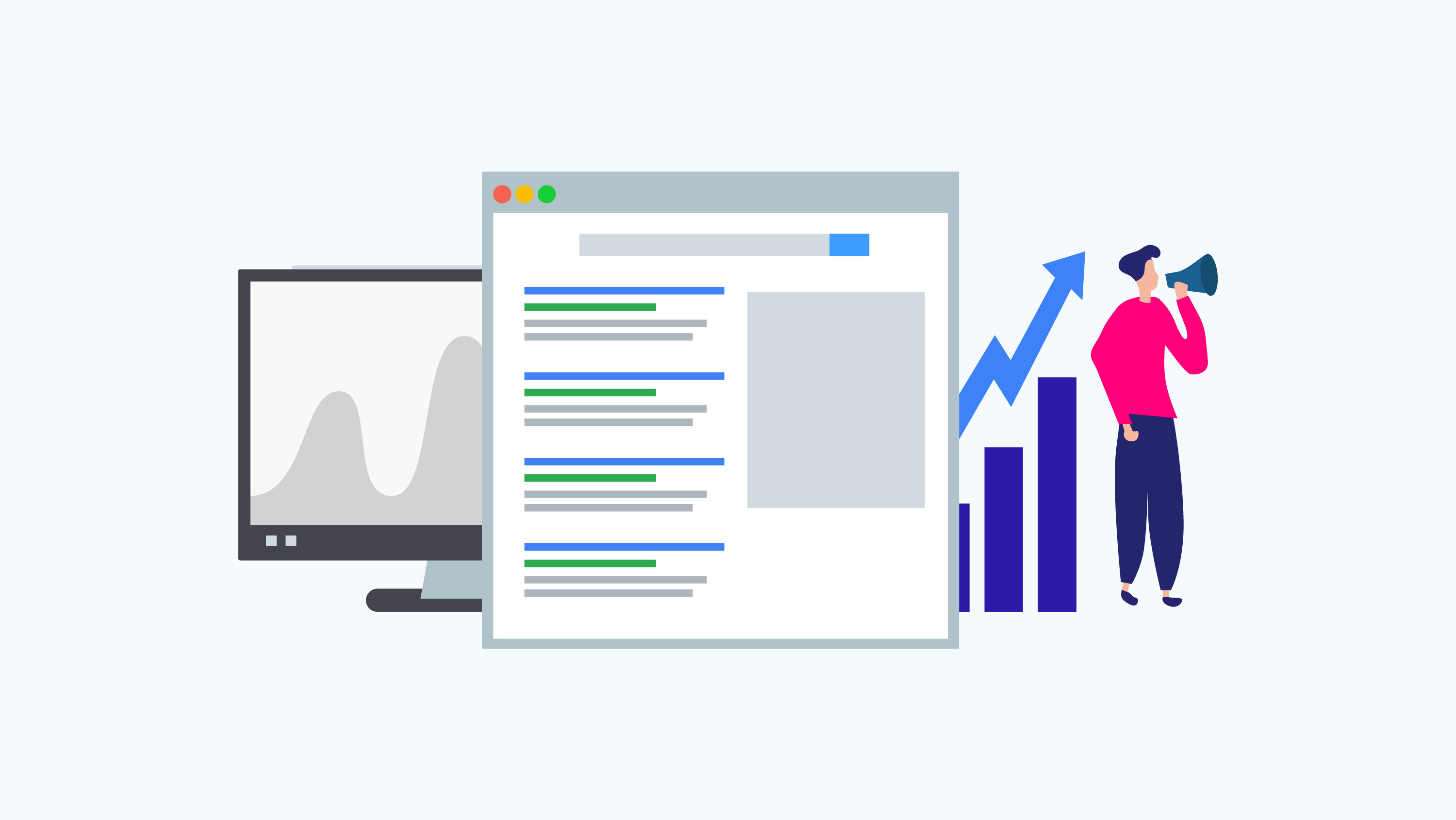Google SERPs Checker & Tracker: a Step-by-Step Guide
SEO marketers have a lot on their plate…even more than a hungry kid at their first hotel buffet!
Between keyword research, content creation and optimisation, link building, and overall website management, it can be tricky to keep up with all the moving parts of a successful SEO strategy.
One of the key components to ensure your strategy is effective is to track your SERP rankings.
So, wait… how do you even do that?
Fear not! We’ve put together a handy step-by-step guide on how to use a Google SERP checker & tracker so you can get back to doing what you do best – running your business.
Get started with the basics: what is a SERP?

SERP stands for “Search Engine Results Page.”
It’s essentially the page that appears when someone performs a search query using Google or another search engine. Google search results pages (or SERPs from different search engines) will show you both organic search results and paid ads from various relevant pages.
As a marketer or business owner, it’s important to know where your website ranks in results pages for relevant keywords so you can better understand how well your strategies are working (or not working).
The higher your product or service page is ranked on SERPs, the more visibility your business will have. And with more visibility often comes more leads, traffic and conversions – so you definitely want to take your website position seriously!
What is a SERP Checker & Tracker?

As the name suggests, a SERP checker is a tool that lets you track and monitor your search engine rankings. In other words, it tells you how well your website and others are performing on SERPs (search engine results pages).
There are many different SERP checkers on the market, but they all essentially do the same thing: they allow you to track your rankings for certain keywords, so you can see how well your SEO efforts are paying off.
For example, a SERP checker & tracker monitors a website’s search engine rankings over time and records changes in its positioning in response to specific queries or keywords in search engines like Google.
This helps you monitor long-term trends related to certain keywords and phrases that may be valuable for tracking progress over time — or simply seeing which of your strategies are successful and which need improvement.
SERP trackers are an essential tool for any serious SEO campaign. After all, if you’re not tracking your rankings, how will you know if your SEO efforts are actually making a difference?
How to use a Google SERP checker & tracker to crush your competition

Now that we have some basics down pat, let’s look at how exactly you can use this tool effectively.
Here are some tips and tricks for getting started:
- Choose your free SERP checker
There are both paid and free versions of a SERP checker, but we recommend trying a free tool to start with.
They may vary slightly, but in general, they will all provide you with valuable SEO metrics that can be used to improve your website and its ranking for certain search terms.
- Keyword tracking
Your SERP checker tool will require you to input your location, the target keyword in question and your domain name.
Once set up, you should start running regular keyword searches through the system so your SERPs tracker can collect data on how multiple keywords have been performing over time across different websites — including yours!
- Record dataAfter collecting enough data from your SERP analysis tool, take note of any changes in ranking position over time – if there is any significant movement either upwards or downwards – then it could be indicative of something happening within your SEO strategy that needs further investigation into why it happened (e.g., changes in backlinks).
- Enhance your websiteFinally, use these findings as actionable insights into where improvements should be made to improve ranking positions against competitors, going forward!
Whether this means optimising existing content more effectively or creating new content around different keywords altogether – now is the time for experimentation!
What a SERPs checker can show you
A SERP checker tool can provide a treasure trove of insights to website owners and marketers about how their page is stacking up against competitors.
Depending on which SERP analysis tool you use, can find information like:
- keyword difficulty
- the number of. backlinks associated with a particular webpage
- the number of backlinks needed to outrank your competition
- the difference between desktop and mobile search results for particular keywords
- the difference between search results on different search platforms (e.g. Google vs Bing)
What can I do with the information from my SERP tool?

And with this information at hand, you can make more informed decisions about where to focus your efforts in the weird and wonderful world of SEO.
For example, if one keyword is performing poorly compared to another keyword in terms of its ranking position or click-through rate, then you may want to consider changing or adding content related to that keyword to improve its performance.
Additionally, if certain keywords are not appearing at all on the SERPs then it may be worth investing some time into optimising them so that your website appears higher up on the results page.
With our step-by-step guide above on how best to use a Google SERP checker & tracker tool, you’ll never miss out on important insights about your website’s performance again!
Want to see your website skyrocket on SERPs? Call on the experts!
First Page has been in the business for over 10 years, so it’s safe to say that we know a thing or two about how to rank on search engines!
We haven’t just helped our own company grow either – we have helped countless businesses from all sorts of industries improve their ranking, and we can do the same for you!
At our SEO agency, our SEO specialists know all the tips and tricks to improve a website’s online visibility, and we will stop at nothing to get you there.
Simply contact us today to get started.


















